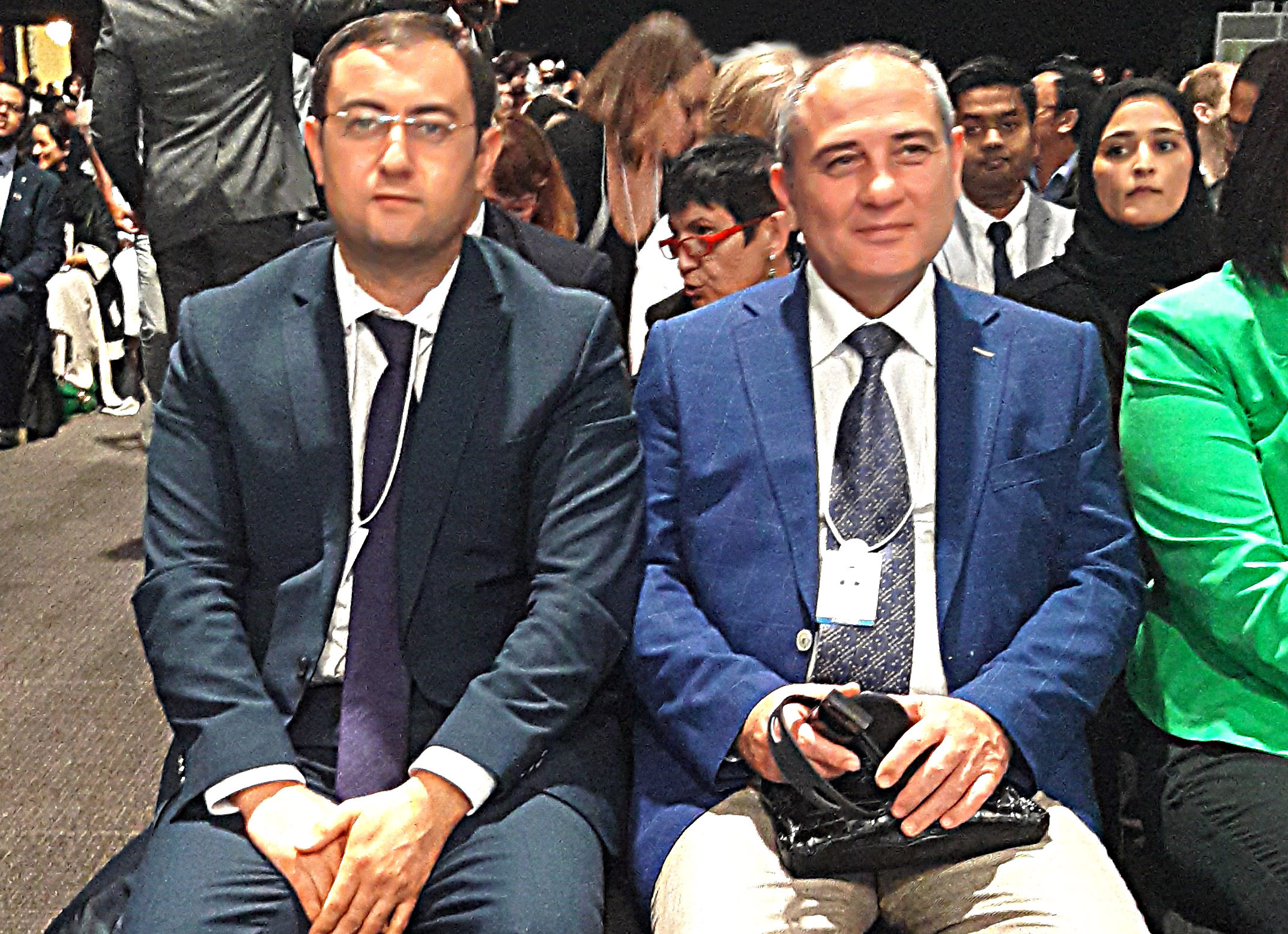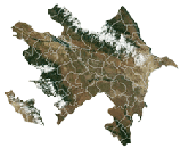Delegation led by the Chairman of the State Statistical Committee, Mr. Tahir Budagov is in visit in UAE
The second World Data Forum organized by the United Nations Statistical Commission is held in the United Arab Emirates, Dubai, 22-24 October, 2018. Our country is represented at the Forum by the delegation led by the Chairman of the State Statistical Committee of the Republic of Azerbaijan.
The main objective of the second World Data Forum is to discuss the matters of provision of the sharing knowledge and experience in innovative approaches on the management of statistical production processes, development of constructive dialogue among all stakeholders for ensuring capacity building and demonstration of adequate reaction to the countries’ global challenges. Over 1000 representatives of national statistical institutions, international organizations, scientific unions, non-public research organizations attend the international event where they will share best experience actively participating in plenary sessions, innovation laboratories, and data sharing areas. The agenda of the three-day forum is built on six main thematic areas of expanded topics.
Topics of “New approaches to capacity development for better data”, “Innovations and synergies across data ecosystems”, “Leaving no one behind”, “Understanding the world through data”, “Building trust in data and statistics”, “How far have we come?” are devoted to establishment of new mutual relationships and development of cooperation for the aim to support data ecosystems in the country, establishment of favourable conditions for integration and use of new and traditional data sources, collection and improvement of statistics for ensuring coverage of all population and making it user-friendly, increasing of statistical transparency, increasing of statistical literacy, expanding data usage in the press, evaluation of the state of implementation of the Cape Town Global Action Plan for Sustainable Development Data, and the discussion of the taken practical steps in this area and emerging difficulties.
Such actual issues like integration of statistical capacity building to strategic national planning, development of new capacities in the national statistical institutions and other public and non-public organizations, use of trainings, encourage of partnership among public and private sectors, expanding of the donor basis, creation of financial facilities to assess achievement of Sustainable Development Goals, increasing of coordination role of the national statistical institution within country, development of cooperation among national statistical institution and non-traditional data producers, integration of geospatial data and statistics, reduction of risk related with the use of big data and other new data sources, gaining sensitive groups’ trust in data collection through traditional and innovative approaches, elimination of difficulties in access to microdata considering the confidentiality, efficient production and use of data at urban and local levels, providing quality data for decision-makers, optimization of data sharing, expanding of data usage possibilities by citizens, defining the potentials of application of open data principles, evaluation of data standards, technological and user needs, mobilization of strategic investments to modernization of national statistical systems and supporting the collaboration and coordination between counterparts, will be discussed in the sessions held in the framework of thematic areas.











